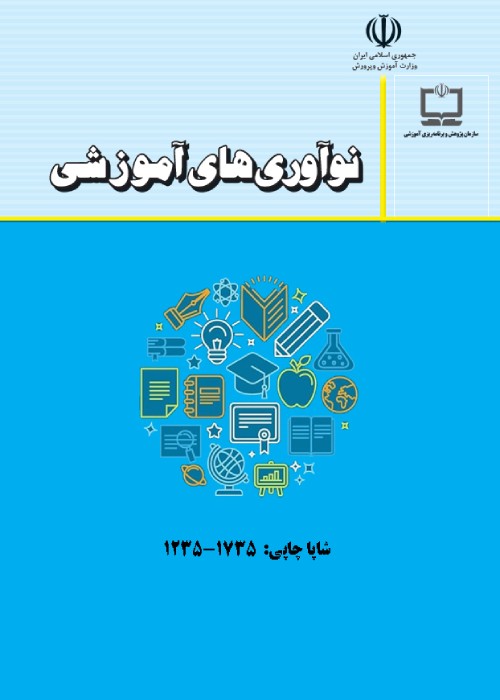Educational research: What is it methodologically?
Author(s):
Abstract:
Referring to characteristics of educational research is considerably preceded by explaining the nature of this kind of research. There are two rivals in this regard: causal and technological approach and phronesis approach. According to the first approach whose exemplar being positivism, the nature of educational research needs to be sought in its applied feature. In other words, this kind of research is due to applying social science's findings in order to achieving educational ends. Instrumentalism in terms of means-end relation takes the main position in this approach. In contrast, the second approach, following Aristotle, denies the supposed instrumentalist feature of educational research and, distinguishing the two realms of techne and phronsesis, takes instrumentalism as congruent with the first realm and educational research with the second.In phronesis ‘making’ is not concerned, rather ‘acting’ is at issue and the latter or how to live has basically an ethical feature. According to this view, educational research could not be conducted by methods in terms of means-end features. It rather should refer to human action in terms of its ethical characteristics and essential feature of these characteristics. Teaching is a pivotal case of this kind of action and should be studied on this basis. Even though the second approach has some strength due to its basic attention to practical aspect of educational research, it could be criticized because of its negligence of inevitable instrumental or means-end aspects in educational phenomena.The present essay's suggestion that somehow goes beyond the two approaches seeks the nature of educational research in double value action research. Phenomena to be studied in education are double value actions. Double here should be understood with regard to other realms of social studies. While value is involved in the phenomena studied in psychology and sociology, educational phenomena, in addition, refer to a second layer of value exemplified in educational aims. Thus, educational methodology will be formulated in two kinds of philosophical and scientific methodology. Philosophical investigations in education deal with rational and logical studies in relation to values and aims and their implications in practical methods. Scientific research in education, being a kind of action research and referring to value actions, could not deal with causes (and hence causal methods) as sources and producers of actions, they rather will use methods referring to reasons of actions. Of course, findings provided by using causal methods could be used in education but as designating the limits of action rather than their sources.
Language:
Persian
Published:
Quarterly Journal of Educational Innovations, Volume:6 Issue: 21, 2008
Page:
49
magiran.com/p467893
دانلود و مطالعه متن این مقاله با یکی از روشهای زیر امکان پذیر است:
اشتراک شخصی
با عضویت و پرداخت آنلاین حق اشتراک یکساله به مبلغ 1,390,000ريال میتوانید 70 عنوان مطلب دانلود کنید!
اشتراک سازمانی
به کتابخانه دانشگاه یا محل کار خود پیشنهاد کنید تا اشتراک سازمانی این پایگاه را برای دسترسی نامحدود همه کاربران به متن مطالب تهیه نمایند!
توجه!
- حق عضویت دریافتی صرف حمایت از نشریات عضو و نگهداری، تکمیل و توسعه مگیران میشود.
- پرداخت حق اشتراک و دانلود مقالات اجازه بازنشر آن در سایر رسانههای چاپی و دیجیتال را به کاربر نمیدهد.
In order to view content subscription is required
Personal subscription
Subscribe magiran.com for 70 € euros via PayPal and download 70 articles during a year.
Organization subscription
Please contact us to subscribe your university or library for unlimited access!



